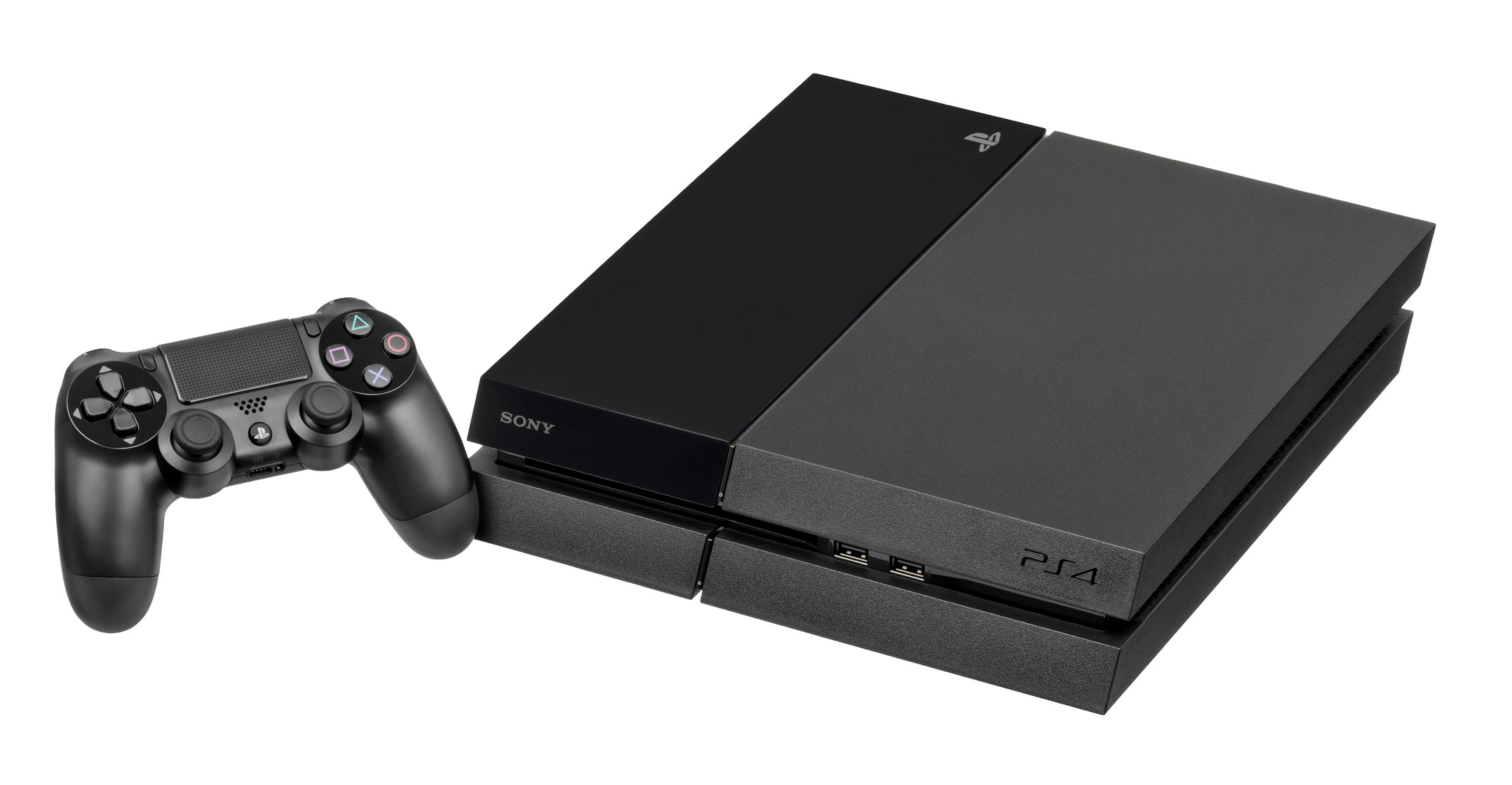 Sony reported weaker profits in the PlayStation business and cut its revenue forecast for the year, triggering the steepest share decline in two and a half years.
Sony reported weaker profits in the PlayStation business and cut its revenue forecast for the year, triggering the steepest share decline in two and a half years.
The stock slumped 8.2% by midday in Tokyo on Monday, the most since June 2016 on an intraday basis, after operating income in games fell 14% to ¥73-billion for the holiday quarter. The Tokyo-based company sold 8.1 million PS4 consoles, down from nine million a year ago, it said in a statement on Friday.
The PlayStation 4, headed for its sixth year, will likely surpass the 100 million unit sales milestone by mid-2019, cementing it as one of the best-selling consoles in history. Even so, this year’s software line-up isn’t as impressive as it was last year, when blockbuster titles like God of War, Spider-Man and Red Dead Redemption 2 debuted. For the full fiscal year, Sony kept its forecast for the games division of ¥310-billion.
“Strong profits from game software were offset by higher promotional and marketing costs aimed at driving PS4 volumes,” Damian Thong, an analyst at Macquarie Group, wrote in a report after cutting his rating to neutral. “We are moving to the sidelines until we can better assess the risks in the Games segment.”
Additionally, Goldman Sachs Group and Nomura Holdings cut their price targets on Sony’s stock.
For total sales, Sony lowered its outlook to ¥8.5-trillion for the fiscal year to March, compared to the prior forecast for ¥8.7-trillion. Weaker demand for camera chips, mobile handsets and financial services were behind the revision although a tax adjustment will boost net income.
Struggle
The figures underscore the struggle at big technology companies, which are seeing slowing demand for their products and services. Apple reported a decline in revenue for the first time in two years, while chip makers Intel and Nvidia have warned of weaker sales as China’s economy starts to sputter and looming uncertainly over Brexit.
“It’s definitely not as positive as the headline numbers would suggest. It feels slightly negative overall,” said Andrew Jackson, head of Japanese equities at Soochow CSSD Capital Markets in Singapore.
Operating profit in the last three months of 2018 was ¥377-billion, compared with analysts’ projection for ¥365-billion. After adjusting for a one-time gain in the music business, the result was significantly lower, at ¥260-billion. Quarterly sales fell 10% to ¥2.4-trillion.

With fewer games in store for the already-ageing PlayStation 4 and Sony’s own Xperia phone business still bleeding money, CEO Kenichiro Yoshida will have to prove that Sony’s turnaround can continue instead of peaking this year. The mobile division continued to struggle, with an operating loss of ¥15.5-billion during the quarter, the fourth straight period. Yoshida has so far rebuffed pressure to sell off the unit, saying it is vital for pushing innovation including 5G-related research.
“The market is closely watching for a turnaround in the mobile communications business, but it looks things are worse year on year due to a decrease in smartphone unit sales,” Jackson said.
For the current fiscal year, operating profit will be ¥870-billion, compared to analysts’ projections for ¥884-billion on average, according to estimates compiled by Bloomberg.
Sony’s camera chips business is also seeing an impact from slowing global demand for smartphones. Operating profit in chips fell 23% to ¥46.5-billion. Guidance for the division is now lower, at ¥130-billion for the current fiscal year, from October’s forecast of ¥140-billion.
“We are cautious but not overly worried about CMOS despite iPhone weakness,” Atul Goyal, an analyst at Jefferies, wrote in a report last week.
The company’s new 48-megapixel image sensor is proving to be a hit with manufacturers including Xiaomi and Huawei, who are promoting it as a key feature in their new models. Phones with at least two rear-facing cameras will account for 74% of the market by 2020, up from 29% this year, JPMorgan Chase & Co predicted in a research report this month. — Reported by Yuji Nakamura, with assistance from Yuki Furukawa, (c) 2019 Bloomberg LP




